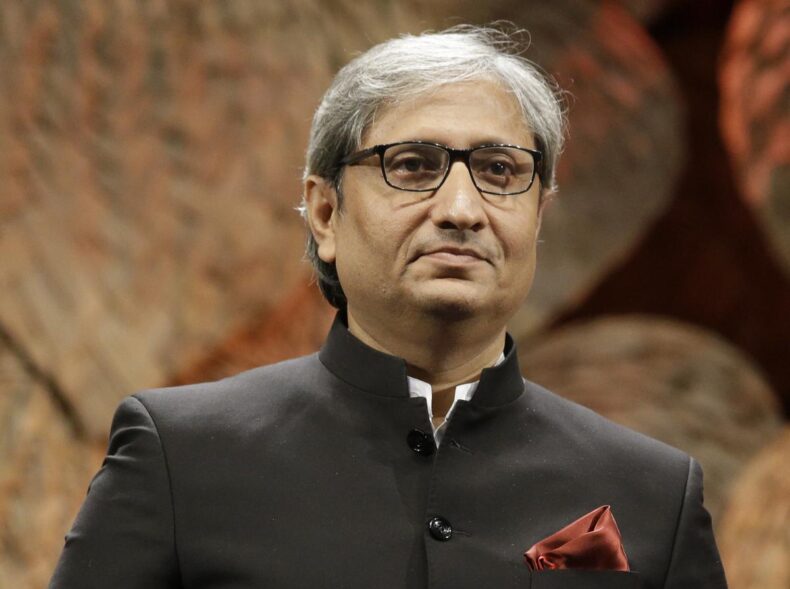Table of Contents
Ravish Kumar, a renowned journalist, has paid a high price for his fearless reporting on India under the leadership of Narendra Modi. His commitment to truth-telling in a media landscape dominated by Modi’s Bhartiya Janata Party (BJP) has cost him his job and his freedom. However, Kumar has found a new platform on YouTube, where he broadcasts to millions of viewers. His remarkable story is now the subject of a compelling documentary called “While We Watched.”
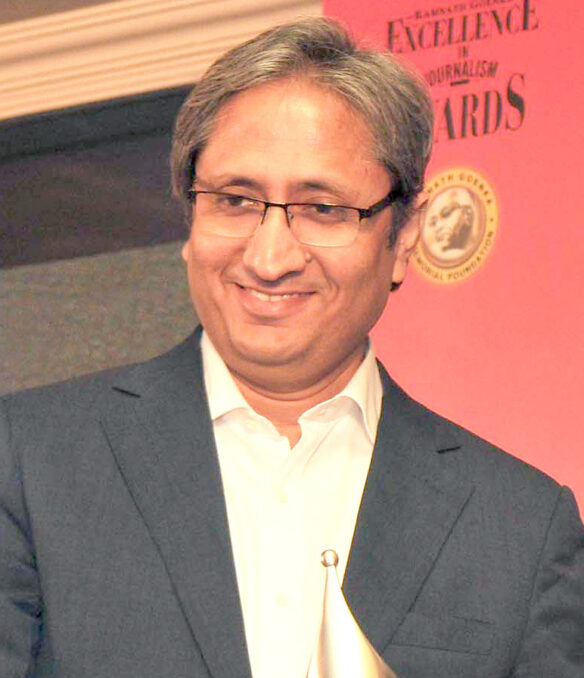
Kumar, born in the same city as George Orwell, never anticipated that he would witness a modern-day Nineteen Eighty-Four nightmare during his career as a television journalist. However, with the rise of Modi’s government almost a decade ago, Kumar became an increasingly isolated voice of truth in the Indian media that had succumbed to the nationalist politics of the BJP. While mainstream news organizations became promoters of politically biased fake news, Kumar remained committed to journalistic integrity, which earned him the prestigious Ramon Magsaysay Award, also known as the “Nobel Prize of Asia,” in 2019. Unfortunately, his principled stance also made him the target of harassment and death threats from government supporters.
Ravish Kumar on NDTV
Ravish Kumar is indeed associated with NDTV (New Delhi Television Limited), an Indian news channel. He has been an integral part of NDTV for many years and has hosted several shows on the channel.
Ravish Kumar is known for his incisive analysis, thought-provoking debates, and his focus on issues that affect the common people of India. He has received numerous accolades for his work, including the Ramnath Goenka Excellence in Journalism Award for Journalist of the Year (2013 and 2017), the Ganesh Shankar Vidyarthi Award for Hindi Journalism (2010), and the Kuldip Nayar Journalism Award (2017).
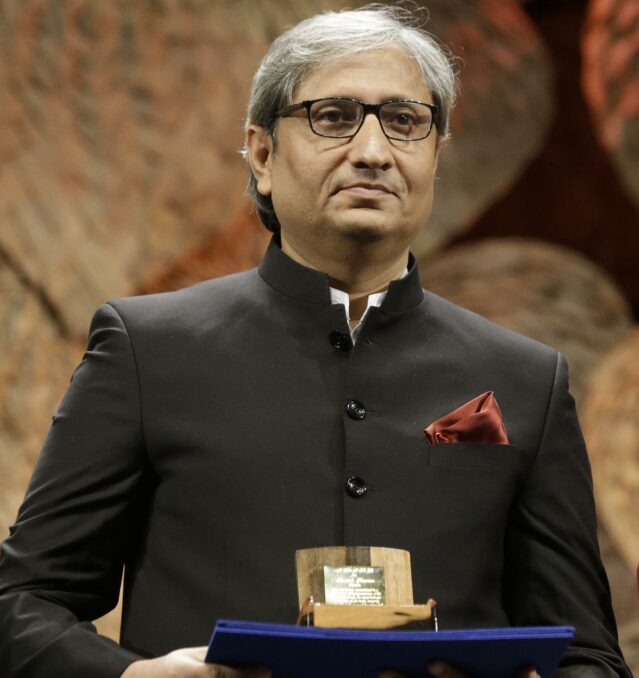
Ravish Kumar on leaving NDTV
Last November, Kumar resigned from his position at NDTV in New Delhi after the station was taken over by Indian billionaire Gautam Adani, a close ally of Modi. Now living in virtual hiding with his family, Kumar continues his work through his personal YouTube channel. “While We Watched,” the documentary about his life, sheds light on the repression in modern India and the existential crisis faced by truth-tellers around the world.
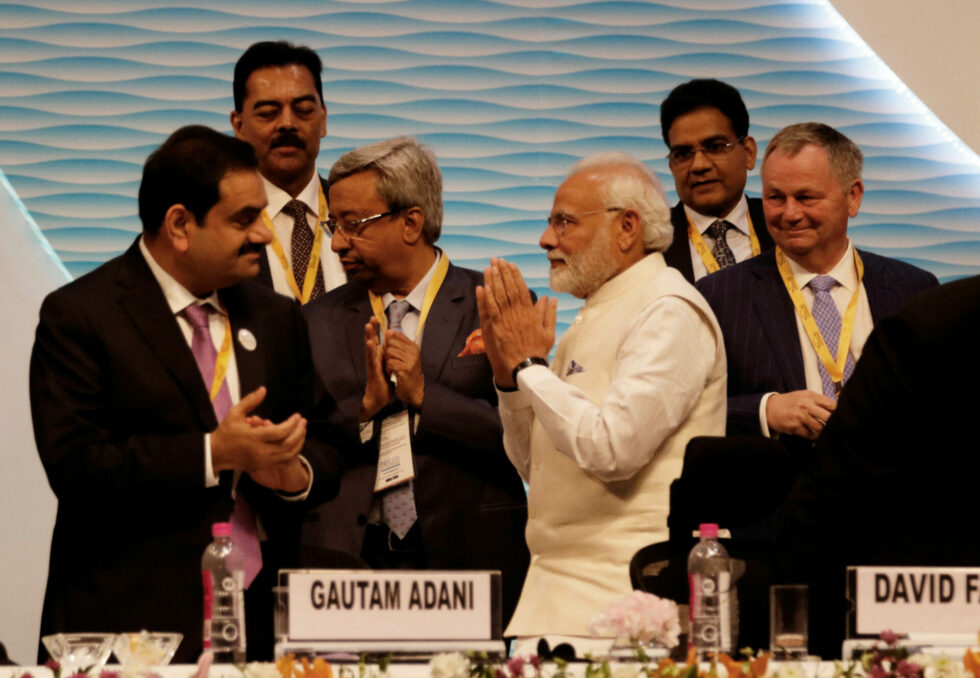
Vinay Shukla’s Documentary
The director of the documentary, Vinay Shukla, was inspired to make the film after witnessing one of Kumar’s news shows in 2018. Kumar interrupted the bulletin to admonish his viewers, urging them to question the lies they were being fed and seek information from more reliable sources. Shukla recognized Kumar as an unconventional protagonist—a significant figure in the Indian media who had begun to question whether society still valued his work.
For the next two years, Shukla filmed Kumar extensively, capturing his struggle to preserve his conscience and freedom amid overwhelming hostility and political and commercial cynicism. The resulting documentary portrays Kumar’s meticulous reporting on sectarian violence and the dire conditions in rural areas, contrasting it with the sensationalism and divisiveness of channels like Republic, which became the Indian equivalent of Fox News after Modi’s election. Shukla’s film aims to sensitize viewers to the challenges faced by genuine journalists in a time of disinformation and the dehumanization of the profession.
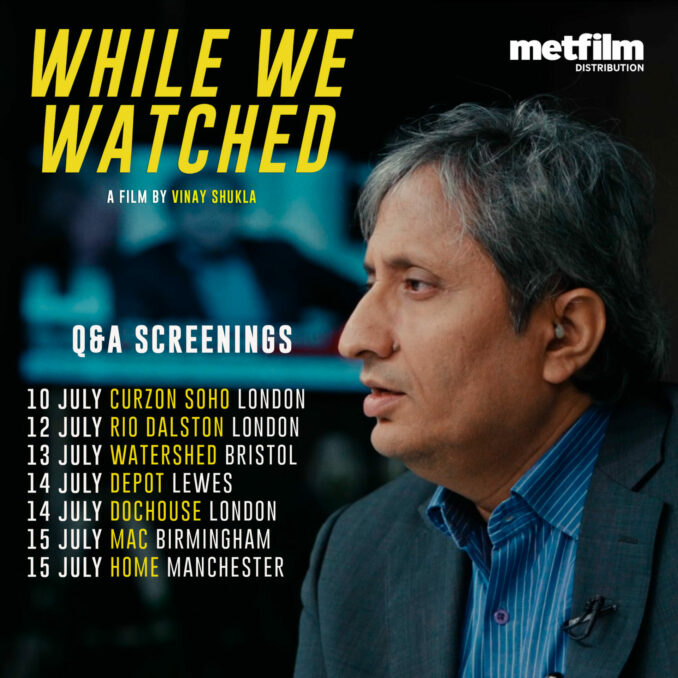
Speaking with Kumar himself, he describes his current state as being in “exile” within his own country. He assumes that his calls are monitored by his tormentors, having received numerous anonymous threats. Since leaving NDTV, Kumar has been shunned by the Indian media, becoming “persona non grata.” Nevertheless, he continues his pursuit of truth, researching and writing thousands of words daily for his YouTube broadcasts.
Kumar recalls sensing a significant shift in the media landscape in June or July of 2014, shortly after Modi’s election. He realized that the newsrooms were being dismantled rapidly, as opposed to gradually. The ethical foundations of much of the media were exposed as shallow, with many journalists making compromises and adjusting their reporting to conform to the narrative dictated by those in power.
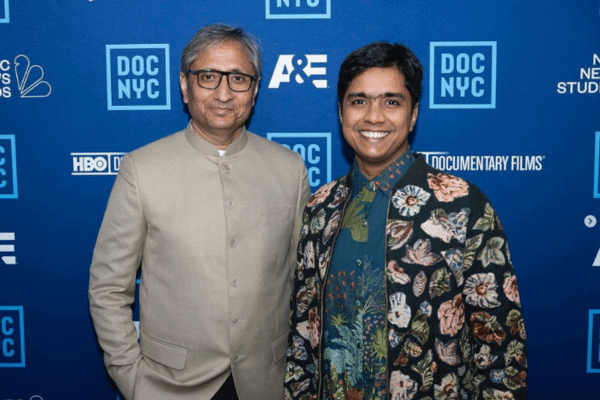
The documentary exposes the playbook of fake news, including the spread of conspiracy theories and targeted harassment of journalists and organizations. Kumar affirms that the force of the avalanche was such that it affected everyone in newsrooms, from senior reporters to interns. The culture of fear in India has resulted in the imprisonment of journalists and targeted harassment, leading to a decline in the country’s ranking on the UN’s human rights tables.







